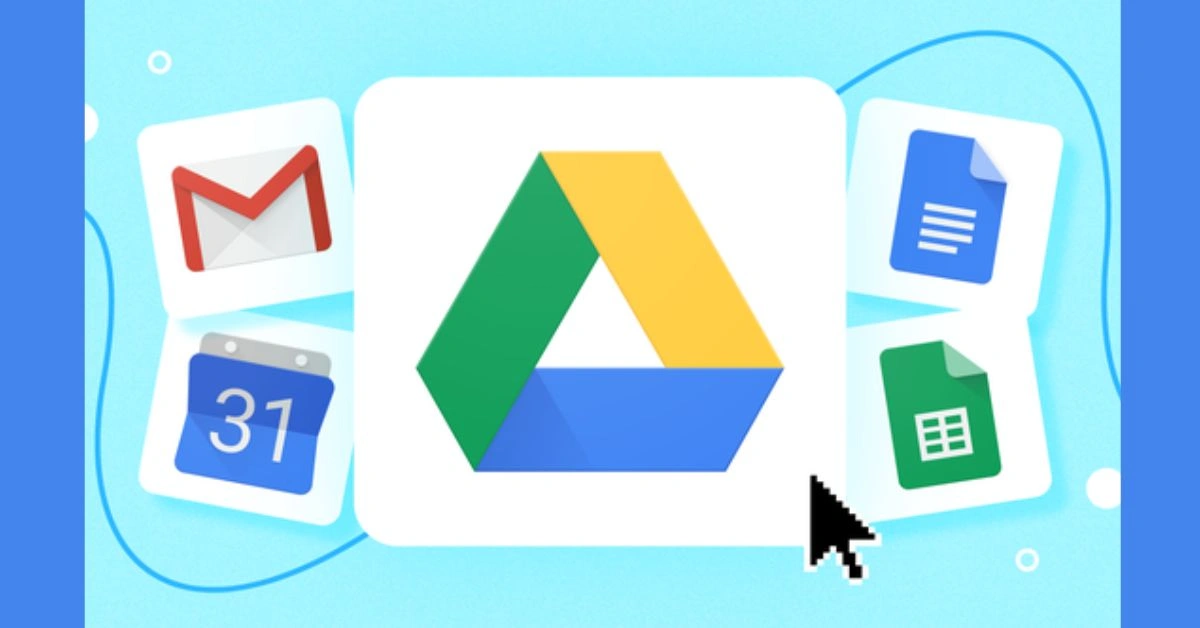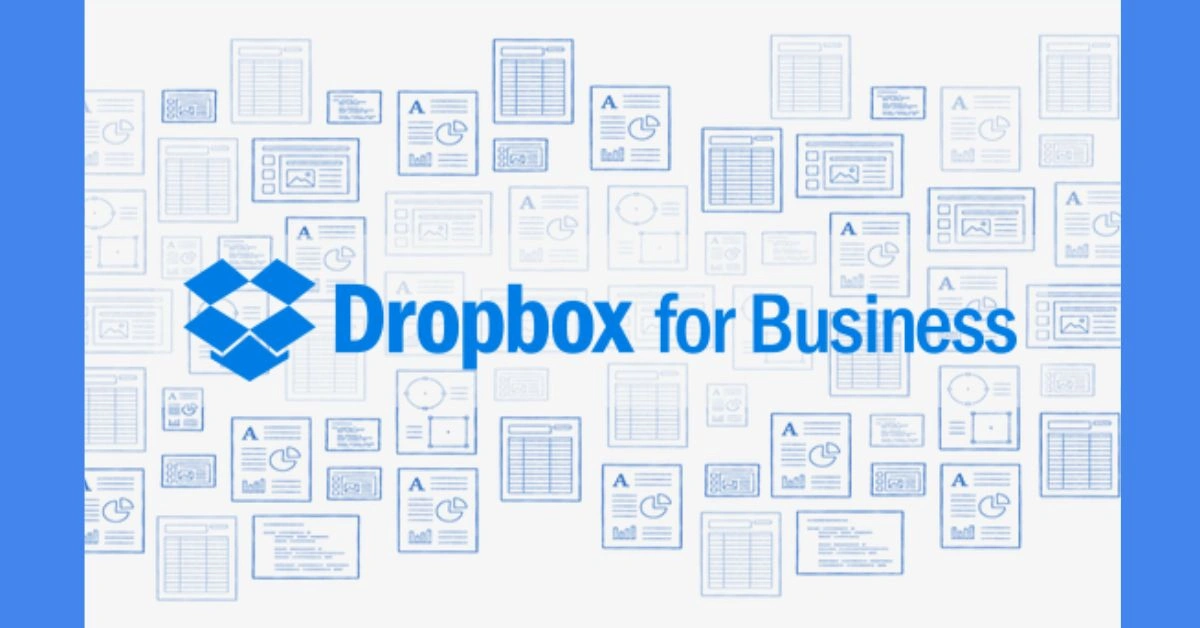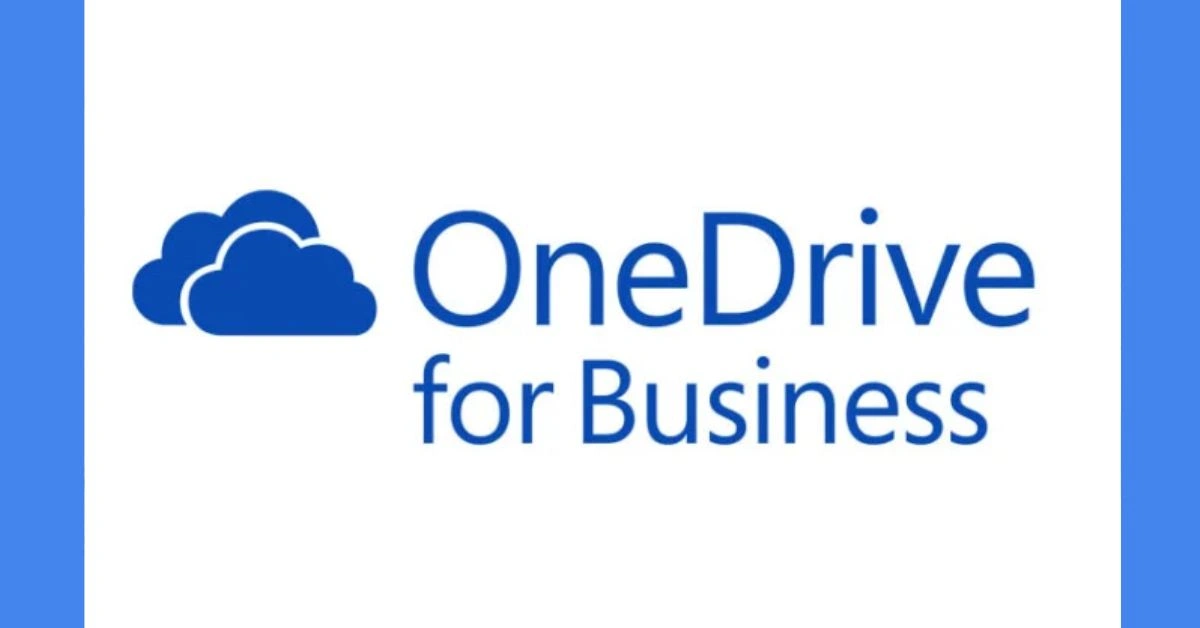In the digital age, cloud storage has become an indispensable tool for small businesses. It provides a secure, scalable, and cost-effective way to store and access data from anywhere. As we step into 2025, the market is brimming with innovative solutions tailored to meet the unique needs of small businesses. Here, we explore the top five cloud storage solutions that stand out in terms of features, pricing, and reliability.
Table of Contents
1. Google Drive for Business

Google Drive remains a top choice for small businesses in 2025, offering seamless integration with Google Workspace.
Key Features:
- Generous Storage: Plans starting with 30GB per user, scalable up to 5TB.
- Collaboration Tools: Real-time document editing and sharing.
- Security: Advanced encryption and two-factor authentication.
Pricing:
- Basic plan: $6 per user/month.
- Business plan: $12 per user/month.
Why Choose Google Drive?
Google Drive’s ease of use and integration with other Google services make it ideal for teams that rely on collaboration and productivity tools.
2. Dropbox Business

Dropbox Business continues to lead with its intuitive interface and robust file-sharing capabilities.
Key Features:
- Smart Sync: Access files without taking up local storage.
- Collaboration: Integrated tools like Dropbox Paper.
- Security: AES 256-bit encryption and compliance with GDPR.
Pricing:
- Standard plan: $15 per user/month.
- Advanced plan: $24 per user/month.
Why Choose Dropbox?
Dropbox is perfect for businesses looking for simple yet powerful file-sharing and synchronization capabilities.
3. Microsoft OneDrive for Business

OneDrive is a strong contender, especially for businesses already using Microsoft 365.
Key Features:
- Integration: Seamless with Microsoft Office apps.
- Storage: Plans starting at 1TB per user.
- Collaboration: Real-time co-authoring in Word, Excel, and PowerPoint.
Pricing:
- OneDrive for Business Plan 1: $5 per user/month.
- Microsoft 365 Business Standard: $12.50 per user/month.
Why Choose OneDrive?
OneDrive’s integration with Microsoft’s ecosystem makes it an excellent choice for businesses that rely heavily on Office applications.
4. pCloud Business
pCloud is a lesser-known but highly reliable option for small businesses seeking secure and affordable cloud storage.
Key Features:
- Lifetime Plans: Pay once and own storage forever.
- File Management: Easy sharing and access controls.
- Security: Client-side encryption for enhanced privacy.
Pricing:
- Monthly plan: $9.99 per user.
- Lifetime plan: $350 for 2TB.
Why Choose pCloud?
pCloud’s lifetime plans and strong security features make it a cost-effective solution for long-term use.
5. Amazon S3 (Simple Storage Service)
Amazon S3 is a scalable and reliable solution for businesses with significant data storage needs.
Key Features:
- Scalability: Pay only for the storage you use.
- Integration: Compatible with various third-party tools.
- Security: Multiple layers of encryption and compliance with industry standards.
Pricing:
- Pay-as-you-go model: $0.023 per GB for the first 50TB/month.
Why Choose Amazon S3?
Amazon S3 is ideal for businesses that require flexible and scalable storage solutions with enterprise-grade security.
How to Choose the Right Cloud Storage Solution
When selecting a cloud storage solution, consider the following:
- Budget: Ensure the pricing aligns with your financial constraints.
- Features: Look for tools that enhance productivity and collaboration.
- Security: Prioritize providers with robust encryption and compliance certifications.
- Scalability: Choose a solution that grows with your business.
FAQs
1. What is the most cost-effective cloud storage for small businesses?
pCloud offers lifetime plans, making it a budget-friendly choice for long-term use.
2. Which cloud storage is best for collaboration?
Google Drive and Microsoft OneDrive excel in real-time collaboration and integration with productivity tools.
3. Is cloud storage secure?
Yes, most providers offer advanced encryption, two-factor authentication, and compliance with industry standards to ensure data security.
4. Can I switch between cloud storage providers?
Yes, many services offer migration tools to help transfer data between platforms.
5. What storage size should I choose?
This depends on your business needs. For most small businesses, 1TB per user is sufficient.
Conclusion
Choosing the right cloud storage solutions can transform the way small businesses manage their data. From Google Drive’s seamless collaboration to Amazon S3’s scalable storage, each option brings unique strengths to the table. It’s essential to assess your business’s specific needs, such as budget, security requirements, and integration capabilities, before making a decision. By investing in a reliable cloud storage solutions, small businesses can enhance productivity, ensure data security, and scale operations effectively. With the right tools in place, navigating the challenges of 2025 will become significantly easier.
Discover how these top CRM tools can revolutionize your B2B sales strategy by streamlining processes and enhancing efficiency. Explore the top 5 CRM tools now.











